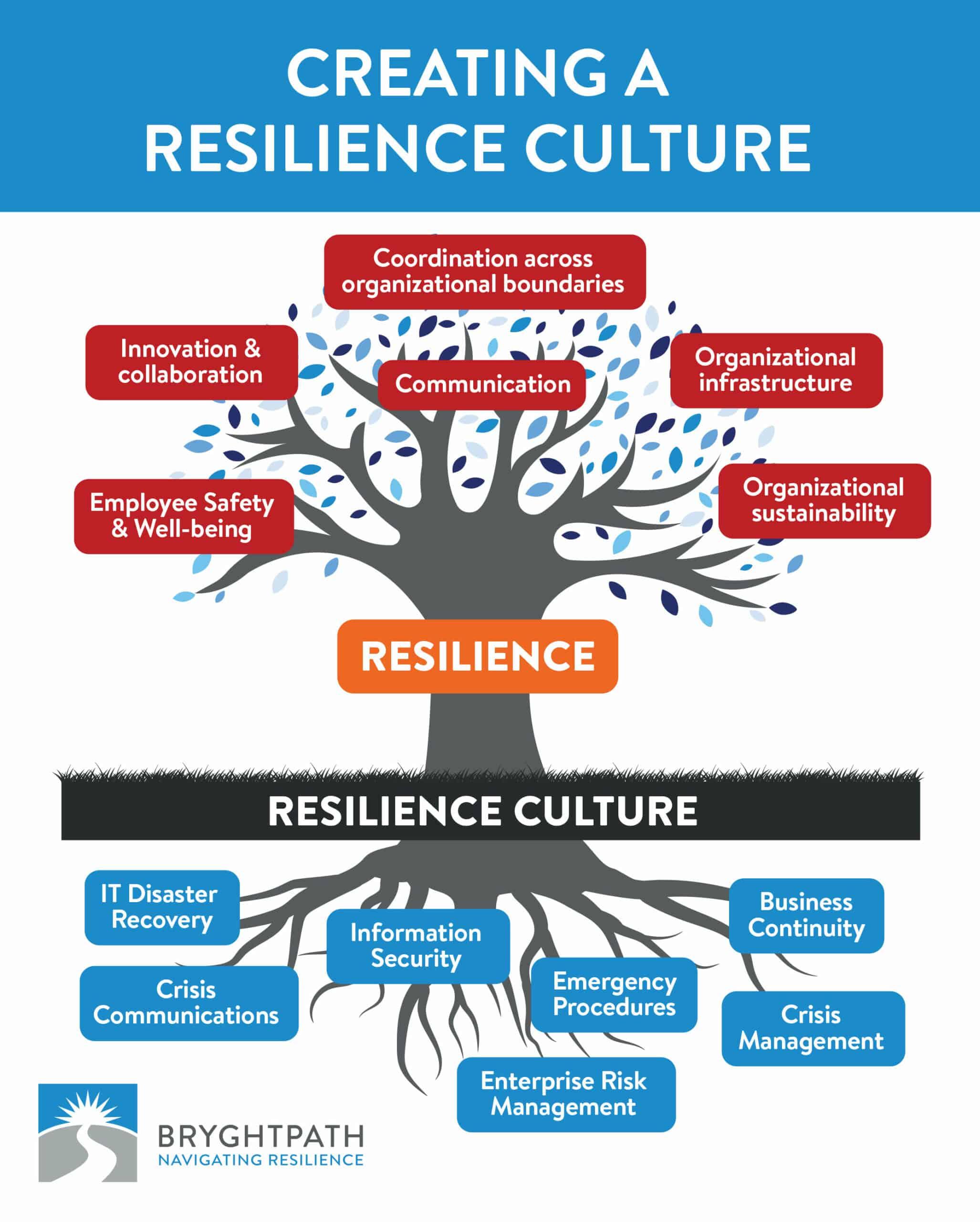Inquire
Crisis Management: How to Handle Business Challenges Effectively.

Handling business challenges effectively in crisis management involves several key steps. Here are some important strategies:
1. **Preparation**: Develop a comprehensive crisis management plan before any crisis occurs. Identify potential risks and create action plans to mitigate them.
2. **Clear Communication**: Keep communication lines open both internally and externally. Be transparent about the situation, share updates regularly, and address concerns promptly.
3. **Leadership**: Strong leadership is essential during crises. Stay composed, make well-informed decisions, and inspire confidence in your team and stakeholders.
4. **Prioritization**: Assess the severity of different challenges and prioritize them based on their impact on the business. Address the most critical issues first.
5. **Collaboration**: Encourage teamwork and collaboration within your organization. Involve key stakeholders in decision-making processes.
6. **Adaptability**: Be flexible and open to adjusting your strategies as the situation evolves. Agility is crucial during challenging times.
7. **Resource Management**: Efficiently allocate resources to tackle the crisis effectively. Use available assets wisely and explore creative solutions.
8. **Learn from the Experience**: After the crisis is resolved, conduct a thorough post-mortem analysis. Identify lessons learned and implement changes to prevent similar challenges in the future.

- Managerial Effectiveness!
- Future and Predictions
- Motivatinal / Inspiring
- άλλο
- Entrepreneurship
- Mentoring & Guidance
- Marketing
- Networking
- HR & Recruiting
- Literature
- Shopping
- Career Management & Advancement


 SkillClick
SkillClick